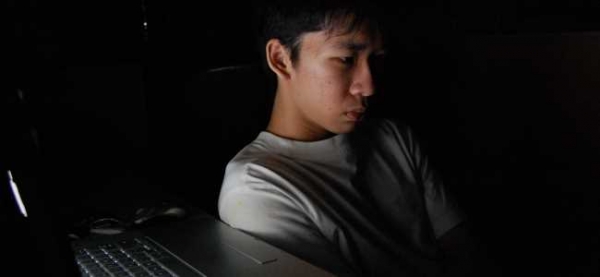"Safer Internet Day is a useful platform for schools’ pastoral care to promote internet safety to pupils."
We know that schools have legal duties and policies to adhere to, consider and apply where necessary, and have the power to exclude perpetrators, though some victims of bullying opt for insisting this not happen for fear of further repercussions. The headteacher under The Education and Inspections Act 2006 has the power, “to such an extent that is reasonable”, to regulate the conduct of pupils when they are off-site. Cyberbullying off-site is bound to have an impact on a bullied pupil who is perhaps not wanting to come into school.
February 9th this year is Safer Internet Day. Being promoted by the anti-bullying charities, this is a useful platform for schools’ pastoral care to promote internet safety to pupils. Schools and parents have an ongoing necessity to monitor and advise young people using modern media safely - as well as the perils if they don’t!
I have worked closely with schools, local constabularies and families where teenagers have been the victim of both cyberbullying and grooming, and it is very distressing for all concerned. The NSPCC provides not only great support, but their website offers signs, symptoms and effects to watch out for if a child is possibly being groomed - this includes self-harming, which is sadly on the increase in teenage girls. I am aware this has become a grave concern for pastoral support within schools nationally.
For anyone working within the education sector wishing to increase their own awareness, The Anti-bullying Alliance offer a free online course which is user-friendly, composing of seven modules which take approximately forty-five minutes each to complete. They are a partnership body based at the National Children’s Bureau. Modules include bullying and the law, bullying and special educational needs and cover; medical and social model thinking, responding to bullying in schools, SEN and/or Disability Specific. Both the course and resource material provided is excellent including helpful organisations; Family Lives, Kidscape, The Child Exploitation and Online Protection Centre and vital information concerning laws covering various aspects of bullying:
“What many people fail to realise is that some cyberbullying activities could be criminal offences under a range of different laws, including the Malicious Communications Act 1988 and the Protection from Harassment Act 1997.”
A few surprising / alarming statistics, taken from Anti-bullying Alliance:
- Nearly a quarter of children don’t let anyone know they are being bullied.
- The National Centre for Social Research reported in 2011 that over 16,000 absences from school at any one time are due to bullying.
- Farringdon et al in 2012 reported that being a victim of bullying increases one’s risk of depression in later life…with bullies having a 30% chance of being depressed too!
In conclusion, I would recommend that pupils, as part of schools’ codes of practice, are continually reminded on a regular basis what actually represents bullying. Additionally, they should be informed what this means for the victim, as well as the punishments which can be enforced for what may seem to be ‘harmless banter’ on twitter or other media formats.
How does your school tackle bullying? Let us know below.


















